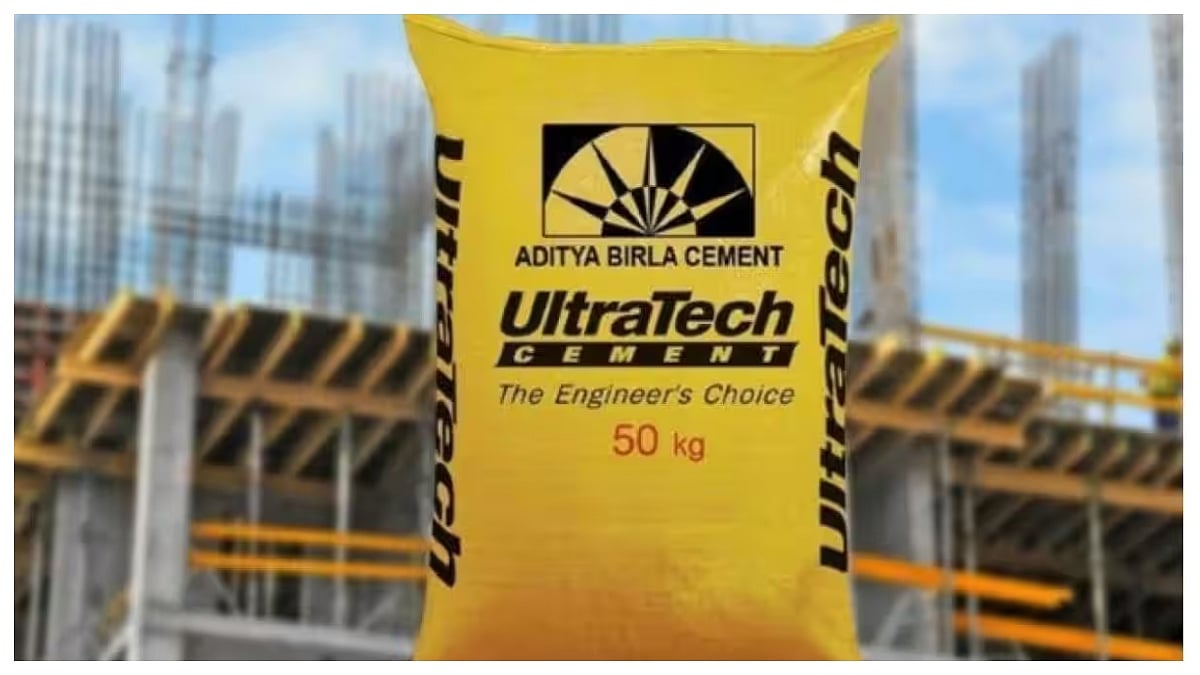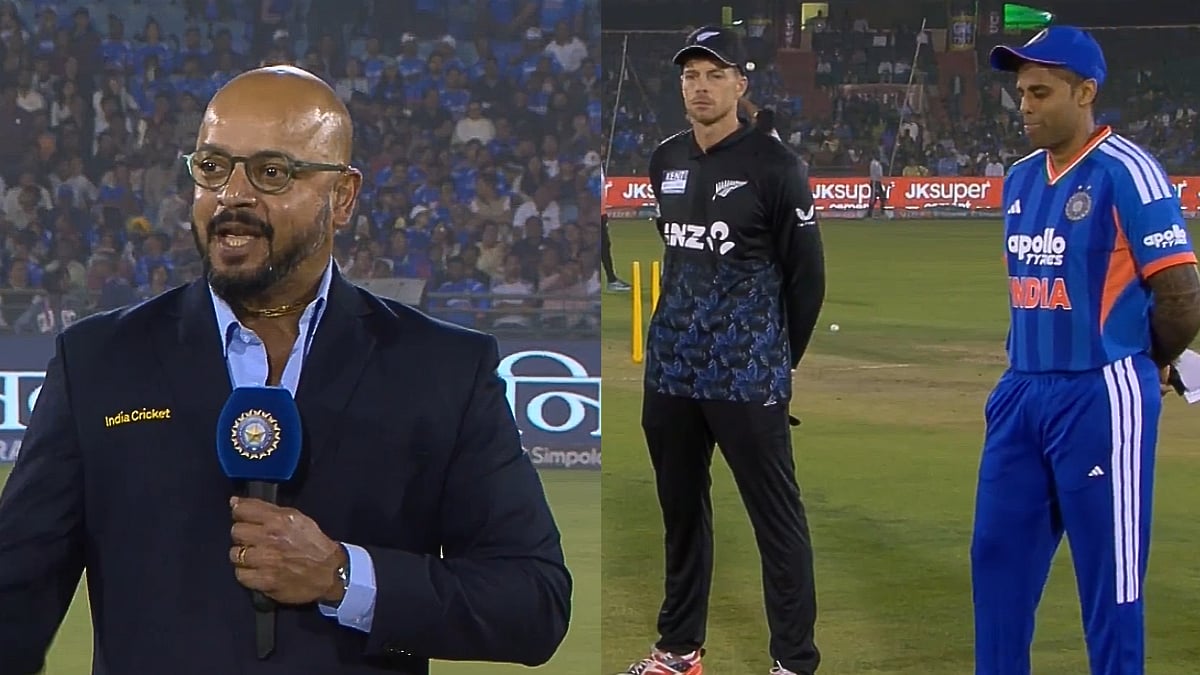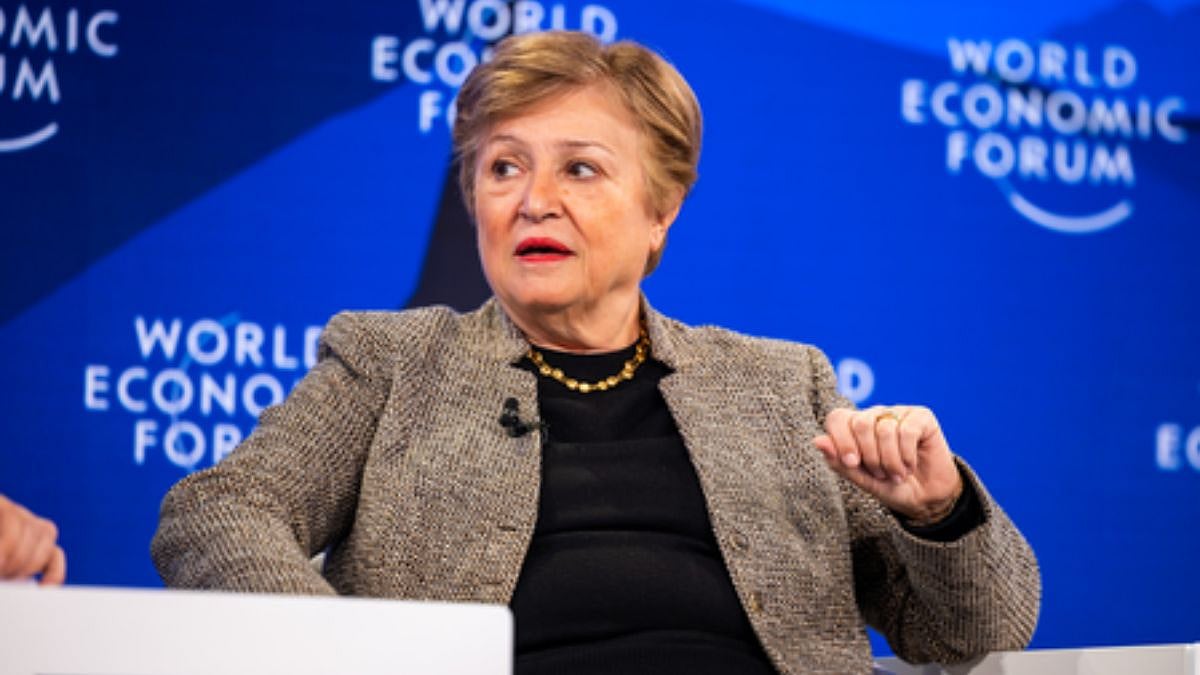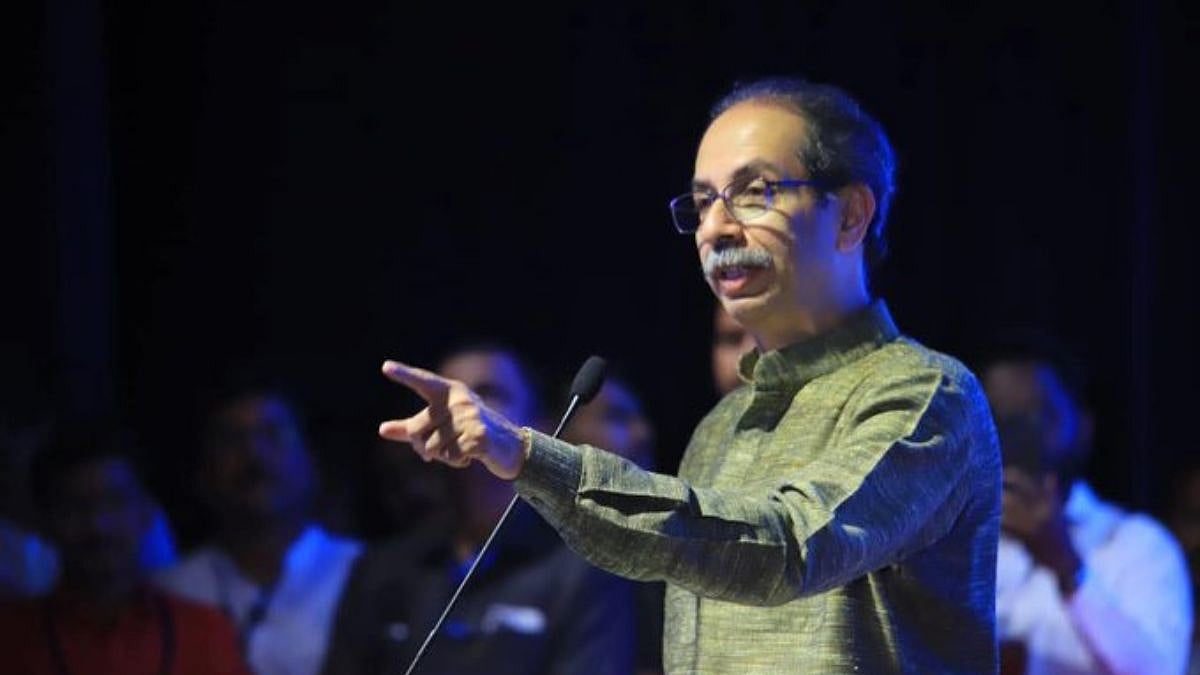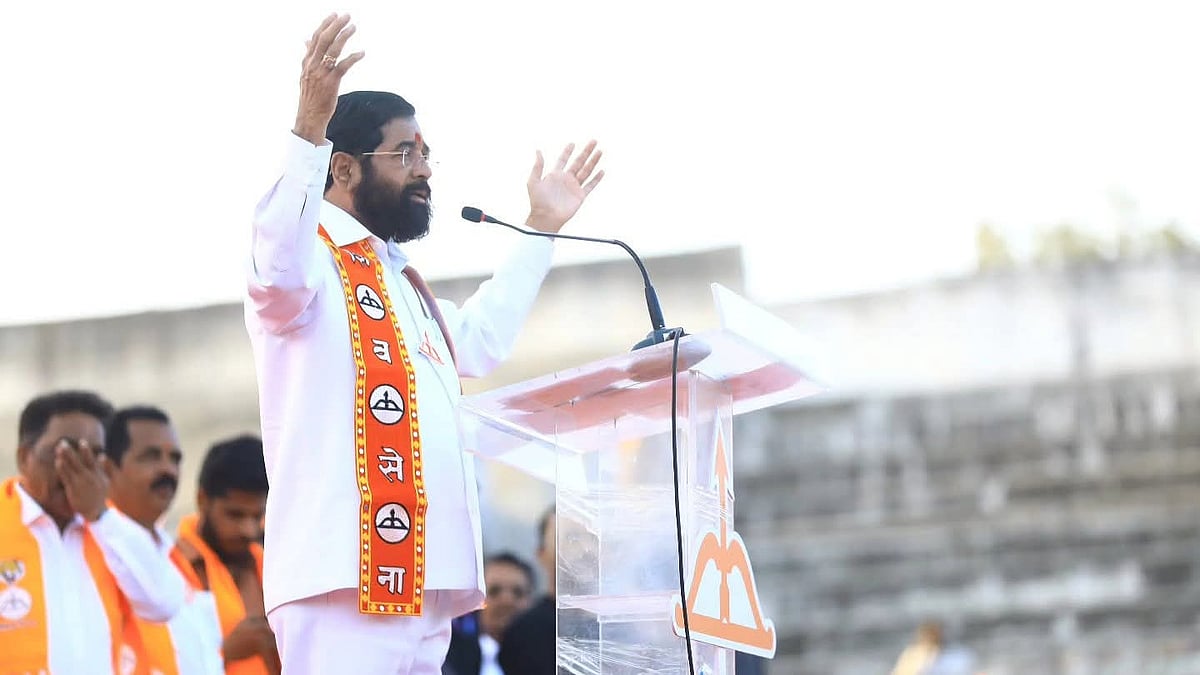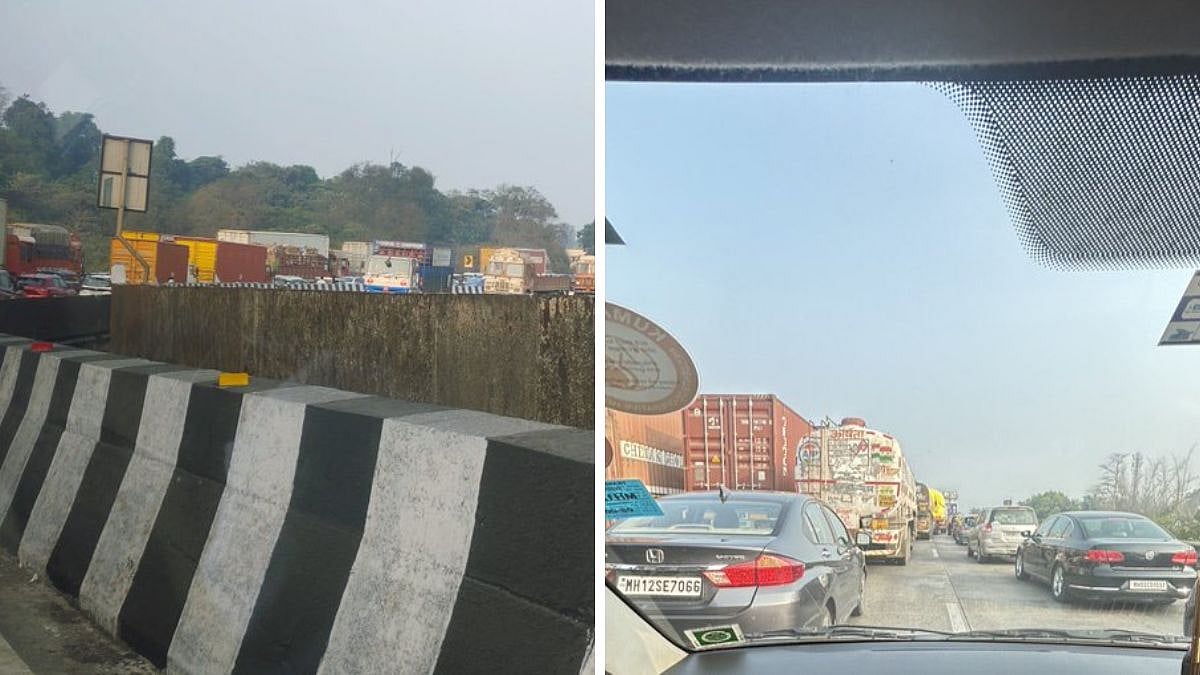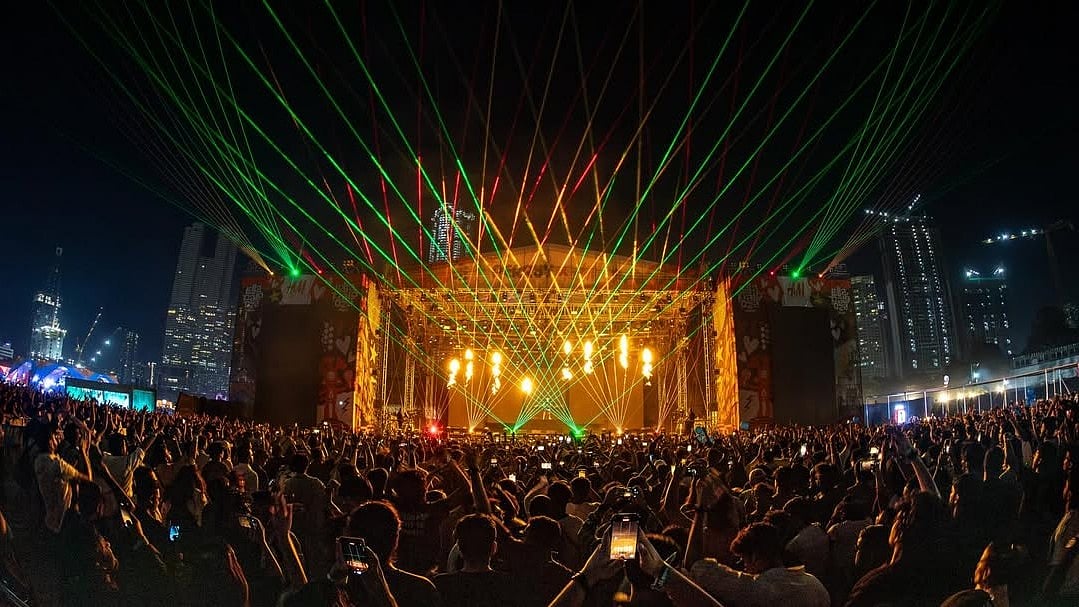With substance abuse on the rise, private de-addiction and rehabilitation centres are mushrooming in and around Mumbai, mostly without qualified and licensed staff.
Many of these ‘rehab centres’ operate without basic medical facilities, trained counsellors and qualified psychiatrists to treat mental disorders linked with drug abuse.
According to psychiatrist Ashish Deshpande, who has been working for the past 25 years on de-addiction, lack of monitoring in the absence of district health committees has led to a spurt in sham de-addiction centres.
“Mumbai has hardly 100 beds in the dozen-odd civic and government hospitals for de-addiction, which is inadequate to cater to rising substance use disorder,” Dr Deshpande said. “Addiction is an epidemic that society has ignored.”
Youth between 14-24 age group addicted to cannabis, meow meow
Father Joe Pereira, who runs the Kripa Foundation, the city’s oldest de-addiction centre which has weaned at least 70,000 substance abuse victims over the past 40 years, is witness to the changing profile of addiction. In the 1980s, it was mostly men in the age group of 30-45 years who were hooked to alcohol. Now it is youngsters between 14 and 24 years of age who are addicted to cannabis and mephedrone, popularly known as MD or meow meow.
Father Joe said the rash of private de-addiction and rehab centres was cause for concern. “Lack of monitoring has led to the business expanding,” he said.
“A rehab centre is a protected environment and a whole person recovery module is best suited for de-addiction and rehabilitation of every afflicted person. But most of these centres are just businesses with no understanding or training to provide support to the illness of substance addiction.”
Psychological health of patients ignored
But the rise in narcotics trafficking ensures a steady supply of addicts for these private centres, because of which the business is booming. Barely 10% of the nearly 150 de-addiction centres in the Mumbai metropolitan region are registered with the State Health Department. Fewer still are licensed.
Corporate hospitals and private nursing homes have jumped into the business with pharmacies offering over-the counter de-addiction kits. The illicit rehab centres range from hole-in-the-wall units in the slums of Wadala and Govandi offering de-addiction programmes for Rs 6,000 to dormitories on terraces costing Rs 15,000 and premium centres in resorts with pool and jacuzzi that charge up to Rs 5,00,000. Most of them ignore the crucial part: the psychological health of victims.
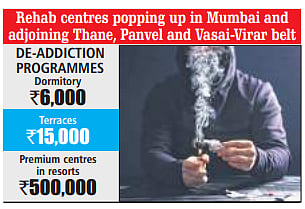
Substance use disorder unmonitored: Official
“Substance use disorder has historically remained unmonitored in comparison to other medical conditions and vulnerable patients have been exploited for profit,” a senior official with the state Mental Health Department admitted.
“Victims struggling with substance abuse need compassion and professional support, but scamsters run fraudulent rehab centres to take advantage of the lack of knowledge about de-addiction.”
Among the objectives of the National Action Plan on De-addiction Programme is to provide affordable, easily accessible, evidence-based treatment for all substance-use disorders. But the plan remains mostly on paper with the sham centres abusing restricted de-addiction drug buprenorphine and sedatives to control inmates without psychiatric evaluation. Some victims have also complained of ill-treatment at private de-addiction centres.
Private rehab centres use Google to advertise services
“Qualified specialists like counsellors, psychologists and psychiatrists are missing at these centres,” said management student Neelam Singh (name changed on request) who underwent a three-month programme at one such centre that her parents found advertising fancy facilities on Google. “There is no arrangement for emergency services and no medical nursing care.”
Garden De-Addiction Centre founder Mukesh Vora said many of these programmes are fraudulent and exploitative and do nothing to help addicts, often leaving them in worse shape than when they first arrived. Mr Vora runs awareness campaigns on drug abuse with the Anti-Narcotics Cell of the Mumbai police and a de-addiction centre in Charkop, Kandivali.
“Rehab centres popping up in Mumbai and adjoining Thane, Panvel and the Vasai Virar belt take victims into secluded locations offering luxurious pools, massages and spa for therapy chosen by affluent families who can afford it to avoid the stigma attached to rehabilitation centres,” he said.
These rehab centres use Google Search and social media platforms to market their services. While Google has temporarily ceased sales of pay-per-click (AdWords) advertisements on thousands of rehab-related search terms in the US for their role in perpetuating treatment fraud, the search giant continues to run similar ads in India.
Private centres hampers with healing process
Subhash Manrai, FounderPresident of Miracle Foundation which runs a de-addiction and rehab centre for the past 18 years, agrees that the menace of unlicensed practitioners has led to severe consequences for the campaign against drug abuse.
“Meth addiction has destroyed a generation and illicit rehab centres are further harming the healing process,” Mr Manrai said. “Lack of a close support system leads to relapse in most cases.”
Miracle’s centre at Vajreshwari near Virar houses about 100 addicts who undergo detox and de-addiction therapies to wean them off substance abuse and reintegrate them in society.
Mr Manrai agrees the business has seen a spurt in the past few years with as many as 60 new centres opening in the Vasai-Virar belt. “Only a handful of them have valid Mental Health Department licences and qualified psychiatrists, medical attendants and social workers,” he said.
Most of these centres work superficially on detoxifying the patient than on improving obsessive compulsiveness and personality issues induced by prolonged narcotics consumption.

